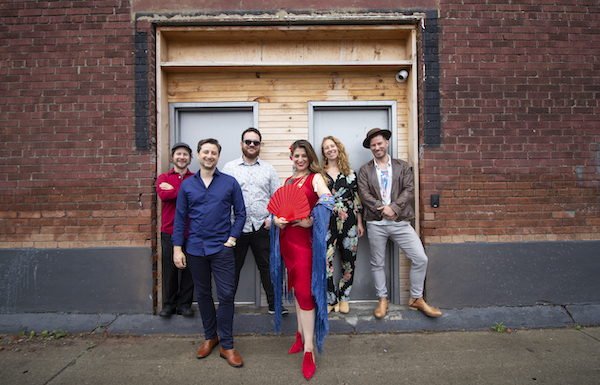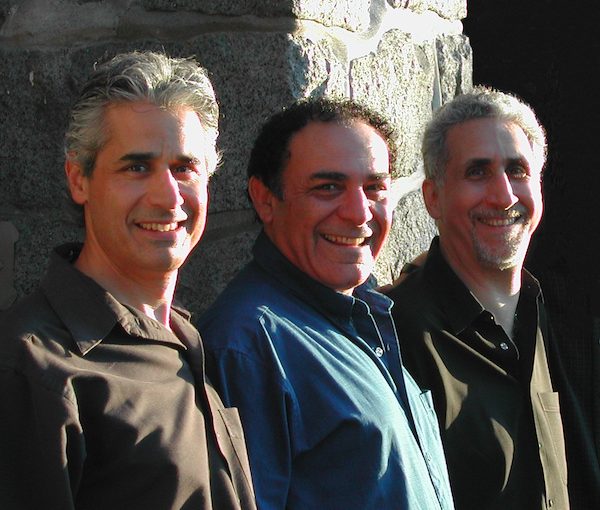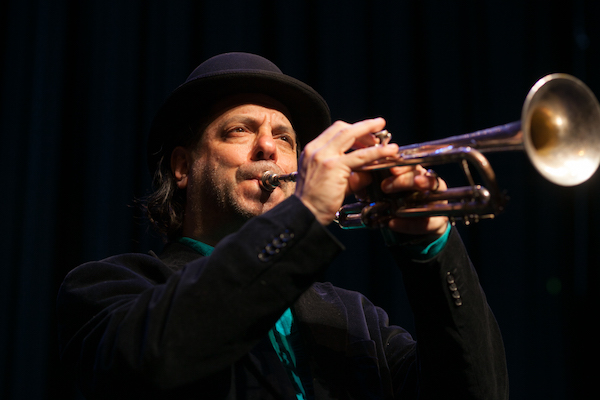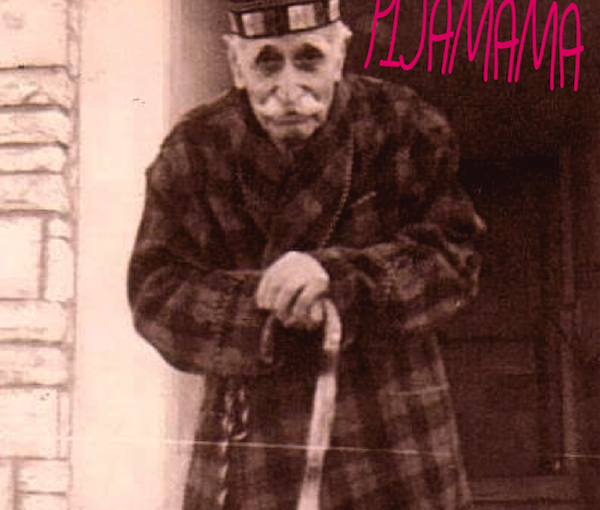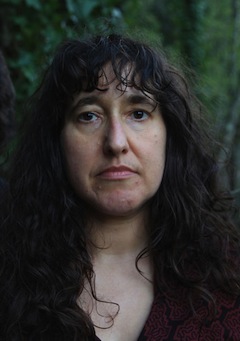Local group MNGWA helps open the World Music Festival on April 26. (photo from Vancouver World Music Festival)
The Vancouver World Music Festival celebrates cultural diversity through music, and world-class musicians from Mexico, Brazil, Africa, Spain, the United States and Canada are participating in this year’s festival, which runs April 26-29. Among them is local group MNGWA (pronounced Ming-Wah).
The festival was founded in 2014 by Tom Landa and Robin Layne, both friends and members of the band Locarno. Their belief is that music can help heal, educate and transform society, leading to better cultural understanding.
Rooted in Afro-Latin and cumbia rhythms, MNGWA mixes elements of psych rock, surf, salsa, reggae and hip-hop into one polyrhythmic pot.
“We started the band about five years ago,” band member Anton Ayzikovsky told the Independent. “Today, we have eight core members: five from the former USSR, two originally from Mexico, and one born Canadian. At first, we were nameless. Then we chose the name MNGWA. It is not an acronym. Mngwa is a mythical African cat from Tanzanian legends. Nobody ever saw it, but everyone was afraid of it.”
Descriptions on the internet compare a mngwa to a leopard, although the former is apparently much larger, the size of a donkey, with brindled grey fur and a ferocious temperament.
“Our music has African, as well as Latin rhythms, so we wanted to find a name that would emphasize that connection,” fellow band member Boris Mandlis explained. “One of our players, our music director Nick Lagasse, is a radio host on CJSF radio. Once a week, he goes on air with his program, Wandering Rhythms, selects a country and plays the native bands from that country. He suggested the name MNGWA, and we all loved it.”
The ensemble draws inspiration for their music from many and varied folk traditions. They are well known on the local festival circuit.
“We play at festivals and venues all around British Columbia,” said Ayzikovsky. “Usually, it is only during spring, summer and fall. We could have played more often, every week, if we wanted to, but, for all of us, the band and the music is a hobby, not a profession. We do it for fun. We like to see people dancing to our music.”
Professionally, Ayzikovsky is an engineer, while Mandlis is a web designer. Besides their university educations and high-tech jobs, there are other similarities between the two musicians. Both of them immigrated to Canada from Russia via Israel: Mandlis, 10 years ago; Ayzikovsky, 15. Both play percussion instruments.
“I play congas, a Latin American percussion,” Mandlis said. “I started learning it about 10 years ago, when I still lived in Israel. I played drums as a kid in Russia. As an adult, I liked listening to Latin music, especially when congas played. Finally I thought, why not learn to play it?”
Ayzikovsky started playing drums as a child in Russia. “My mom is a piano teacher, but I never wanted to play piano,” he said. “I fell in love with percussions at school and have been playing drums as an amateur with many bands over the years.”
Ayzikovsky and Mandlis met through their individual music, and the beginning of MNGWA was sparked by a strange coincidence.
“We had played together only once before that time,” Mandlis recalled. “On that day, we played for awhile, then took a break. There were seven of us and, for some reason, we decided to play this children’s game, Rock-Paper-Scissors. And we all threw scissors simultaneously. All seven of us. I’d say that showed some kindred spirits.”
The group has been together ever since, and most of their projects – new music and lyrics – are collaborations.
“Someone comes up with an idea or a tune,” Ayzikovsky explained. “Often it is Nick Lagasse. Then we jam together. Nick also writes lyrics, he or Blanca [Escobar] or some of the others.”
One of their songs on YouTube, “La Rumba de Kingsway,” is a wonderful and funny tribute to the historic Vancouver thoroughfare. It is also indicative of the group’s style, a blend of cultural influences from all over the world. “We call it cumbia, Vancouver-style,” said Mandlis.
Their unique and eclectic blend is well suited to the ideals of the World Music Festival.
“This year will be the first time we’ll participate in this festival,” said Mandlis, “but we know all the bands playing in it. We listened to them before and liked what they’re doing.”
Ayzikovsky and Mandlis also said the group believes, as do the festival organizers, that music has the power, in a small way, to bring about peaceful, needed change.
The World Music Festival takes place at different venues around Vancouver. MNGWA helps launch the event on April 26, 7 p.m., at Guilt & Co. For the full schedule and tickets, visit worldmusicfest.ca. MNGWA’s website is mngwa.ca.
Olga Livshin is a Vancouver freelance writer. She can be reached at [email protected].

